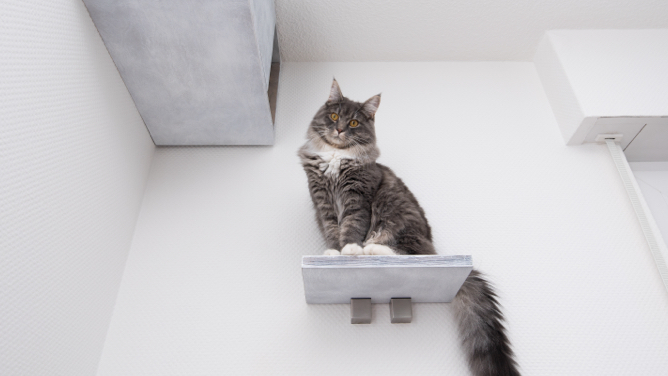Just like humans, cats can experience anxiety for a variety of reasons — changes in their environment, new pets or people, or even boredom and lack of stimulation. If your cat is showing signs of stress, here are some helpful tips to ease their anxiety and make them feel more comfortable.

Give Your Cat Control Over Interactions
Consider Calming Supplements
Minimize Environmental Stressors
Use Gentle, Positive Reinforcement
Consult Your Vet